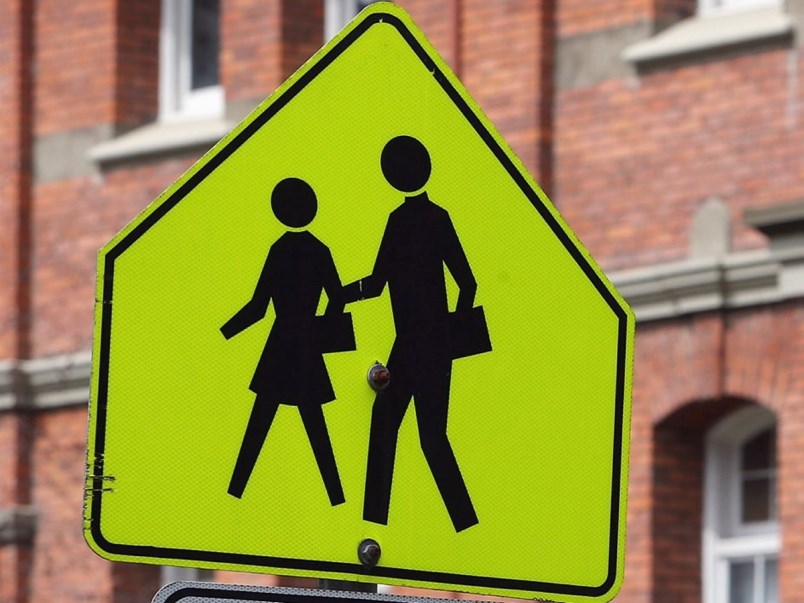B.C. is recommending schools cancel or postpone trips to affected areas overseas during the March school break as the COVID-19 virus spreads rapidly to more countries, and the number of known B.C. cases increased to 12.
Provincial health officer Bonnie Henry on Tuesday announced four new cases of COVID-19 in B.C. The two women and two men had all returned from Iran and are in the Vancouver area.
None of the cases has required hospitalization, and no one has been severely ill, Henry said at a news conference.
Health Minister Adrian Dix noted the first five cases in B.C. were linked to China, where COVID-19 originated, but the last seven are related to travel from Iran. Canada now has 33 cases of the new coronavirus, most of them in Ontario.
People arriving from Iran and China are being asked to self-isolate at home for 14 days and to contact their health authorities.
Health officials said the risk of COVID-19 spreading remains low in B.C.
Henry said the province has been talking to school districts about the risks of travel over spring break, which begins mid-March.
More than 1,000 people in B.C. have been tested for the virus, Henry said. Four people have recovered and the others are in isolation at home.
She urged anyone who is ill to stay home. “Look at how you can do your work from home, how you can keep your children home, and be able to safely care for yourself and for your family and prevent transmission of this disease.”
Henry encouraged people to be prepared to look after themselves if they are quarantined. “That doesn’t mean we need to go out and stockpile,” she said, but have needed medications handy and friends or family who are ready to help.
Henry and Dix said employers should increase the availability of supplies used for cleaning and hand hygiene, and think about how they would manage absenteeism by allowing employees to work remotely.
“Schools should be increasing cleaning and hand hygiene, educating students on respiratory etiquette, in addition to putting mechanisms in place to support students who may be away for extended periods,” their joint statement said.
Henry advised people to consider the risks involved with mass gatherings and physical contact. While travel in B.C. and the rest of North America remain “very safe,” she said, those travelling outside North America need to consider their tolerance for being caught in a quarantine in another country, and what health care will be available to them.
For those who are immune-compromised, “this may be a time to defer your travels and think about going particularly to countries that we know are having a challenge dealing with this virus,” said Henry.
“In B.C. right now, there’s no reason to cancel a gathering, but we need to be really careful if anybody who is coming to your gathering has travelled recently, especially to the affected countries that we know, particularly countries like Iran, where we know that there’s ongoing transmission in the community.”
She advised against shaking hands, kissing and hugging when greeting people, pointing to her time working in Uganda during an Ebola outbreak, when people would tap elbows as a way of greeting to avoid spreading germs.
Asked if Canada is prepared for a pandemic, Henry — who was public health officer in Toronto during the SARS outbreak — said there are plans “but you are never ready for the actuality of it.”
“This is a different virus. We knew nothing about it six to eight weeks ago.”
— With files from the Canadian Press


